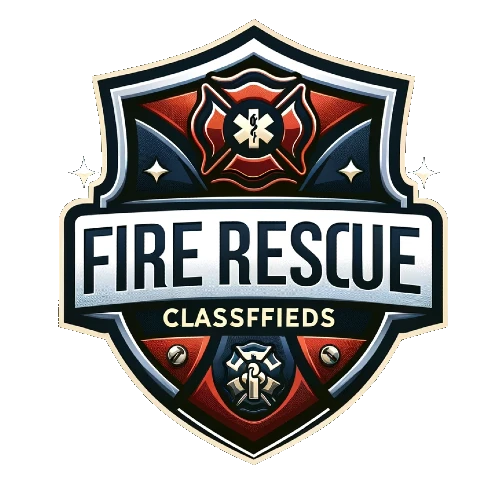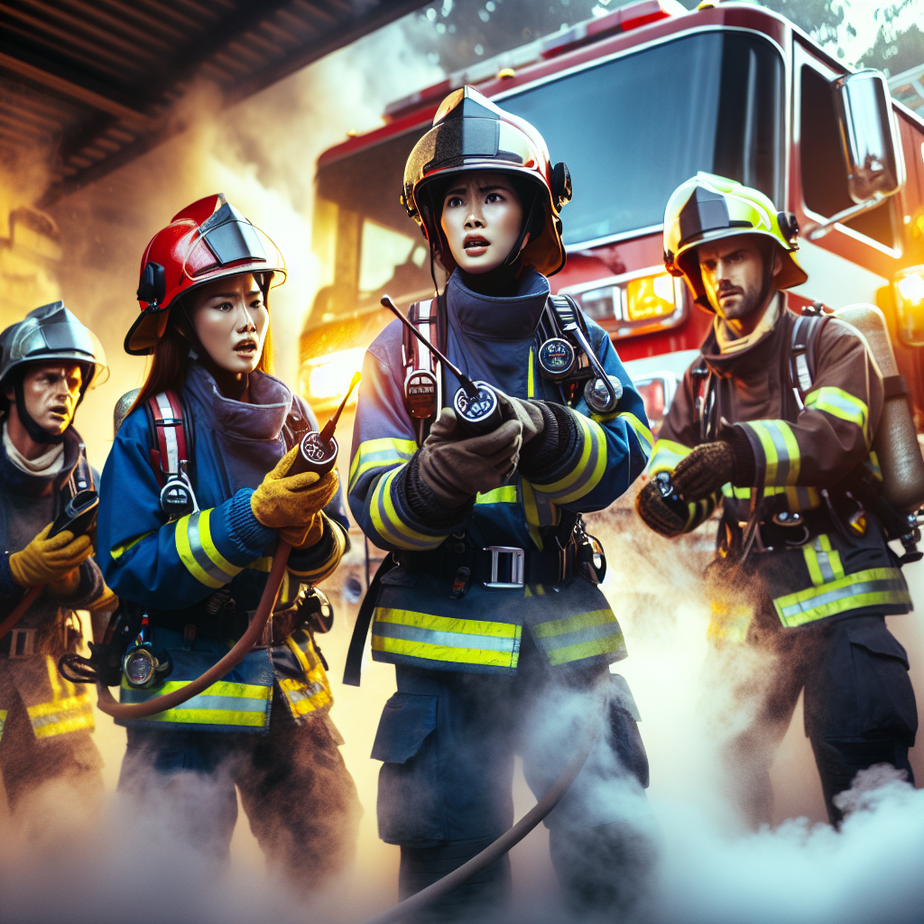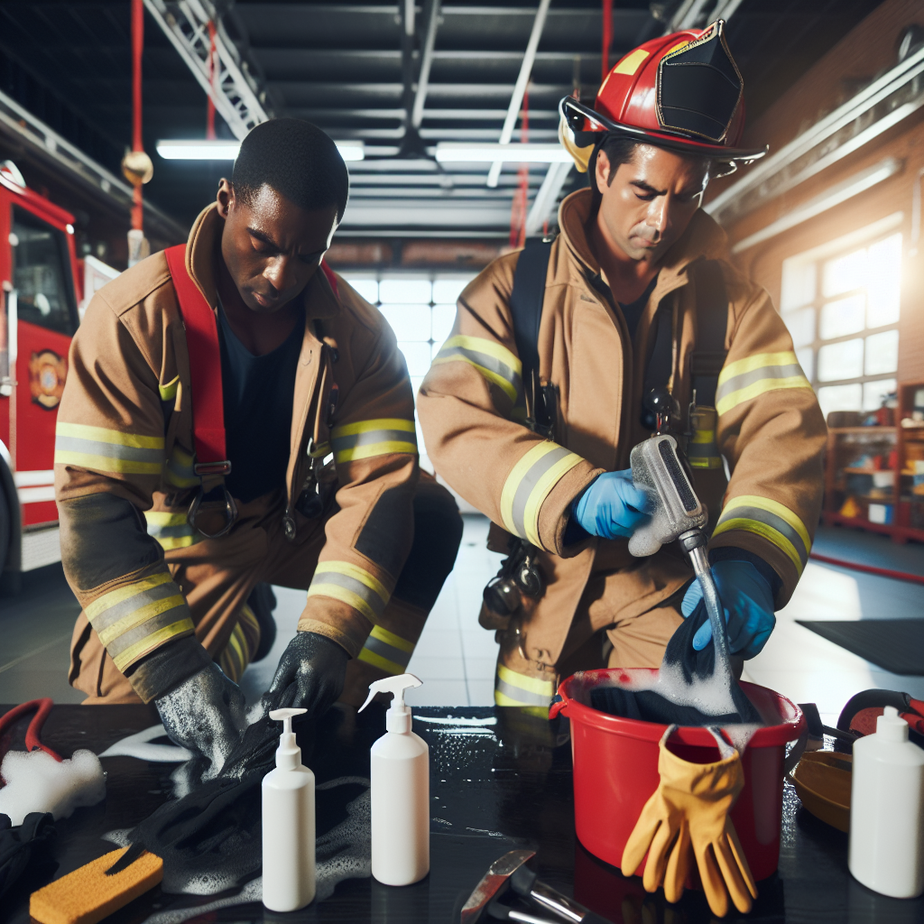Now Reading: Advanced Firefighting Tactics for Factories, Refineries, and Chemical Plants
- 01
Advanced Firefighting Tactics for Factories, Refineries, and Chemical Plants
Advanced Firefighting Tactics for Factories, Refineries, and Chemical Plants

Advanced Firefighting Tactics for Factories, Refineries, and Chemical Plants 🧯🔥
Understanding the Fire Risks in Industrial Settings 🏭
Factories, refineries, and chemical plants aren’t just workplaces—they’re potential fire traps. With flammable gases, volatile chemicals, and high-heat machinery, fire can spread in ways that would make a BBQ gone wrong look like child’s play.
Think about it: A small spark from a faulty electrical panel, and suddenly, hundreds of litres of flammable liquid are ready to turn the place into something out of an action movie—without the special effects team to stop it. That’s why industrial firefighting requires specialised strategies, quick thinking, and the right tools.
Key Challenges in Industrial Firefighting 🚨
Fighting fires in an industrial setting is like fighting a dragon that breathes different types of fire. Each blaze can have its own personality, and firefighters must know what they’re up against.
🔥 Types of Fires in Factories & Plants:
- Class A – Ordinary combustibles (wood, plastic, textiles)
- Class B – Flammable liquids (petrol, oil, solvents)
- Class C – Flammable gases (propane, hydrogen, natural gas)
- Class D – Metal fires (aluminium, magnesium—because some metals don’t just melt, they BURN!)
- Class F – Cooking oils and fats (more common in kitchens but can be relevant in food processing plants)
Each of these requires a different approach. You wouldn’t throw water on a grease fire unless you want to see an aggressive fireball up close.
The Right Gear for the Job 🏗️👨🚒
Firefighters heading into industrial infernos need more than just a hose and a can-do attitude. They need tactical gear designed for extreme conditions.
🛠️ Essential Equipment:
✅ Specialised suits – Made of materials resistant to chemical exposure and extreme heat.
✅ Self-Contained Breathing Apparatus (SCBA) – Because inhaling toxic fumes is not a great career move.
✅ Foam-based extinguishing agents – Especially for fuel and chemical fires where water just won’t cut it.
✅ Thermal imaging cameras – To see through thick smoke and locate hidden fires.
✅ Explosion-proof communication devices – Because standard radios might ignite flammable gases.
Without the right gear, firefighters would be walking into a situation where the fire has ALL the advantages.
Advanced Firefighting Tactics in Industrial Settings 🚒
Fighting a house fire is one thing, but handling a blaze inside a chemical plant? That’s an entirely different beast. Here’s how the pros do it.
1️⃣ Pre-Planning & Risk Assessment 📝
🔹 Industrial firefighters don’t just show up and hope for the best. They study blueprints, identify hazards, and conduct fire drills that make standard office evacuations look like a walk in the park.
🔹 Knowing where chemical storage tanks, electrical panels, and high-risk areas are located helps firefighters tackle a fire efficiently and safely.
🔹 “Worst-case scenarios” are planned for—because in these environments, a simple mistake can escalate into explosions.
2️⃣ Defensive vs. Offensive Firefighting 🚒🛡️
🔥 Offensive Fire Attack: When firefighters actively enter the burning structure and tackle the fire head-on. Think of it as “taking the fight to the fire.”
🔥 Defensive Fire Attack: Protecting surrounding structures to prevent fire spread when it’s too dangerous to go inside. If a refinery tank is about to burst? Defensive mode is on.
3️⃣ The Role of Fire Suppression Systems 💦
✅ Fixed fire suppression systems (foam sprinklers, CO₂ systems) are designed to react before firefighters even arrive.
✅ Foam works better than water in fuel-based fires because it smothers the flames instead of spreading combustible liquids.
✅ Deluge systems (huge water release systems) can quickly cool down overheated machinery before a disaster strikes.
4️⃣ Hazardous Material (Hazmat) Operations ☢️
🌡️ Industrial fires often involve dangerous chemicals that produce toxic smoke and explosive reactions. Hazmat-trained firefighters:
- Identify what materials are burning (Labels and Material Safety Data Sheets (MSDS) are crucial).
- Use special decontamination procedures to ensure chemical exposure doesn’t put lives at risk.
- Deploy gas-tight suits with air supplies to safely handle highly hazardous environments.
5️⃣ Rapid Evacuation & Rescue 🚑
❌ Factories and refineries don’t have the convenience of wide-open exits like shopping centres.
❌ Toxic fumes can make breathing impossible in seconds.
✅ Firefighters locate priority areas where workers might be trapped.
✅ Thermal cameras identify workers hidden behind smoke or in enclosed spaces.
✅ Rapid extraction techniques ensure injured workers don’t get left behind in a firestorm.
Lessons Every Firefighter Should Remember 🎓
Firefighting in industrial sites isn’t just about putting out flames—it’s about preventing explosions, toxic exposure, and structural collapses. Here are five key lessons:
1️⃣ Know the Site Before the Fire Starts – Pre-planning saves time, lives, and resources.
2️⃣ Water Isn’t Always the Answer – In many cases, foam, dry chemicals, or gas suppression work better.
3️⃣ Protect Yourself First – Toxic fumes, volatile chemicals, and collapsing structures can disable even the best firefighters.
4️⃣ Evacuations Are a Priority – In large buildings, ensuring every worker gets out safely is just as important as fighting the fire itself.
5️⃣ Stay Calm, Think Fast – Fires in refineries and chemical plants escalate faster than normal structure fires. Quick, informed decisions make all the difference.
Firefighting in factories, refineries, and chemical plants is no ordinary task—it’s a battle against the most dangerous elements. 🔥🔥
Let’s hear from you! If you’ve had experience with industrial fire safety operations or have questions about firefighting tactics, drop a comment below! 🚒💬





























